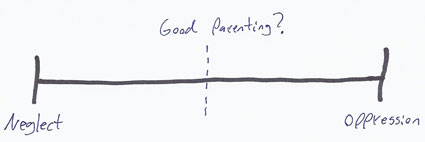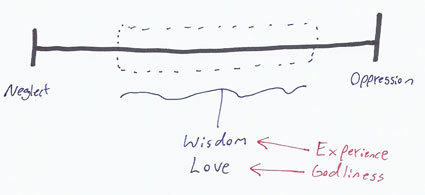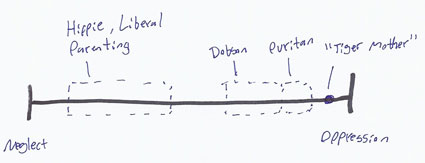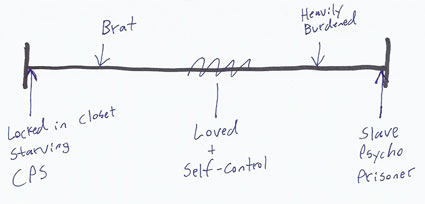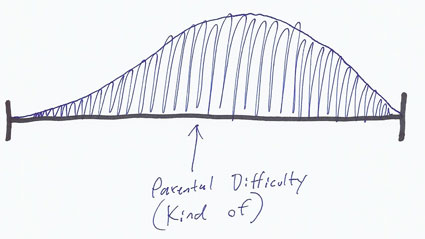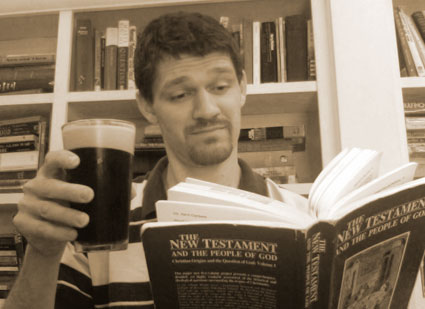Some unrefined scribblings follow:
“Awkward” is a surprisingly complex concept I think -very difficult to teach. You either get it or you don’t and probably never will. There are so many difficult things just like this though. Is the only change possible a hard-edge behavioral conditioning? Education through raw change of action? Teaching a fool to keep his mouth shut? Keeping enough police concerned neighbors around that a man doesn’t hit his wife? “Teaching to the test” instead of cultivating real understanding (since this is way too hard)? Play all the right notes fast but never talk about theory? Christianity with piety but no theology?
Is the only sort of change possible for hard things? With man, I think so. However, with the power of the holy spirit, anything is possible. Does that mean though that the only thing you can do is pray and put your hope in God to fix men? But O, God’s ways are always tangled up in the hands of man. What that means is that we still keep trying to teach the very difficult. We continuously refuse to settle for raw behavior management, but strive also for instilling understanding – for flying solo, with no safety net. (Though we must have healers, more than ever, to care for the ones who fall down.)
How is modeling still the best way to each? (I’m not convinced that it always is, but I’m going to assume that Girard’s thought applies to education more than most folks realize) So why modeling? Because you must start with DO. This way, you really do learn the behavior first, without any understanding. But the DO is holistic. So many of the periphery things reveal the how and why. The little conversations in between, the habits surrounding the true practitioners. When you are taught formally, you only see a little snapshot of how real people DO. It may be very important information, but it’s only part of the puzzle. It’s your job to connect all the other pieces and with difficult things, this can be impossible for non-genius folk.
Modeling music is, surprisingly enough for all it’s perceived challenges, one of the most obviously straight-forward activity to model and for the student to participate in. The student plays with the master. They participate in the ensemble. Reading together doesn’t work as well since it is only one little piece of the whole experience. Better would be practicing, reading, rehearsing, talking about, and performing. What it looks like with music is on the surface, very simple. Gosh, it’s so time intensive though!!!

